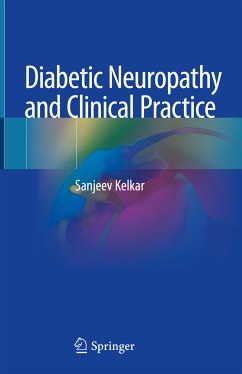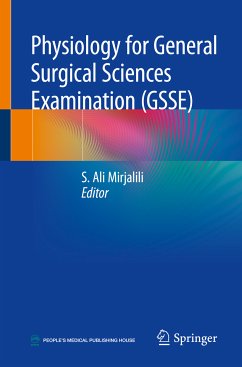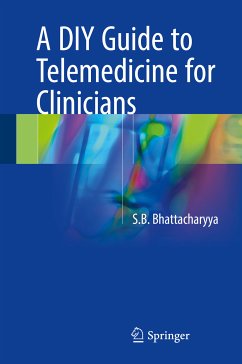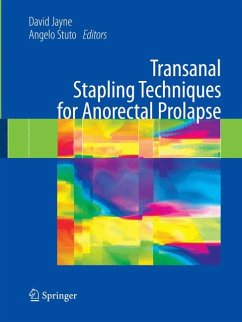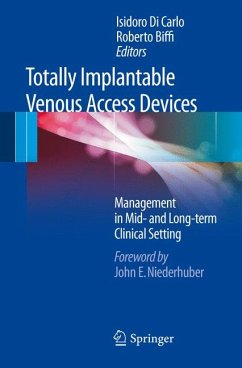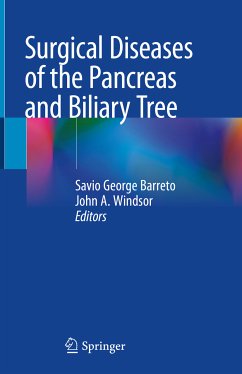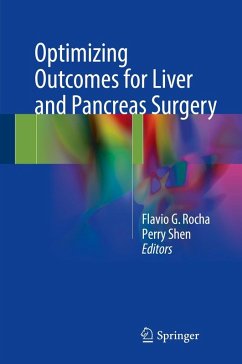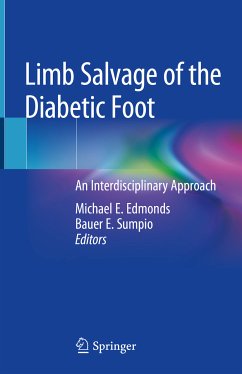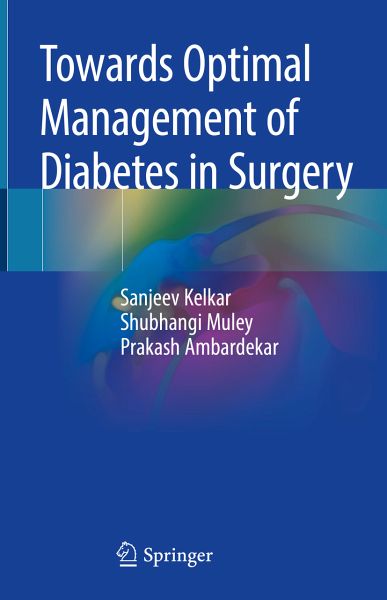
Towards Optimal Management of Diabetes in Surgery (eBook, PDF)
Versandkostenfrei!
Sofort per Download lieferbar
64,95 €
inkl. MwSt.
Weitere Ausgaben:

PAYBACK Punkte
32 °P sammeln!
This book addresses key principles in the optimal management of diabetes to facilitate smooth and safe anesthesia and surgery with the best possible outcomes. It addresses a range of topics, including: diabetic emergencies, glycemic control in emergencies, the routine perioperative setting, preoperative evaluation in routine and emergency surgery, intra- and post-operative management for neurosurgery, cardiothoracic surgery, gestational diabetes, bariatric surgery and other major surgeries. A dedicated chapter on Metabolic Havoc of Uncontrolled Diabetes provides the in-depth understanding of d...
This book addresses key principles in the optimal management of diabetes to facilitate smooth and safe anesthesia and surgery with the best possible outcomes. It addresses a range of topics, including: diabetic emergencies, glycemic control in emergencies, the routine perioperative setting, preoperative evaluation in routine and emergency surgery, intra- and post-operative management for neurosurgery, cardiothoracic surgery, gestational diabetes, bariatric surgery and other major surgeries. A dedicated chapter on Metabolic Havoc of Uncontrolled Diabetes provides the in-depth understanding of diabetic pathophysiology required in surgical situations, while a special chapter addresses commonly asked questions on surgery and diabetes.
Despite many recent advances in surgery, anesthesia, and diabetes research, perioperative diabetes management is often not addressed adequately. This is largely due to an insufficient understanding of insulin physiology and its pharmacokineticsand pharmacodynamics under normal and stressful conditions. The optimal management of surgery in diabetes calls for an integrated, collaborative, and proactive approach. Surgeons, anesthetists and physicians should know the central, basic aspects of perioperative diabetes management and understand the contribution that each one makes to the best outcome, as well as their limitations.
Despite many recent advances in surgery, anesthesia, and diabetes research, perioperative diabetes management is often not addressed adequately. This is largely due to an insufficient understanding of insulin physiology and its pharmacokineticsand pharmacodynamics under normal and stressful conditions. The optimal management of surgery in diabetes calls for an integrated, collaborative, and proactive approach. Surgeons, anesthetists and physicians should know the central, basic aspects of perioperative diabetes management and understand the contribution that each one makes to the best outcome, as well as their limitations.
Dieser Download kann aus rechtlichen Gründen nur mit Rechnungsadresse in A, B, BG, CY, CZ, D, DK, EW, E, FIN, F, GR, HR, H, IRL, I, LT, L, LR, M, NL, PL, P, R, S, SLO, SK ausgeliefert werden.
Alle Preise in Euro und inkl. der gesetzl. MwSt. | Innerhalb Deutschlands liefern wir preisgebundene Bücher versandkostenfrei. Weitere Informationen: bitte hier klicken
Support
Bitte wähle dein Anliegen aus:
Rechnungen
Bestellstatus
Retourenschein
Storno



